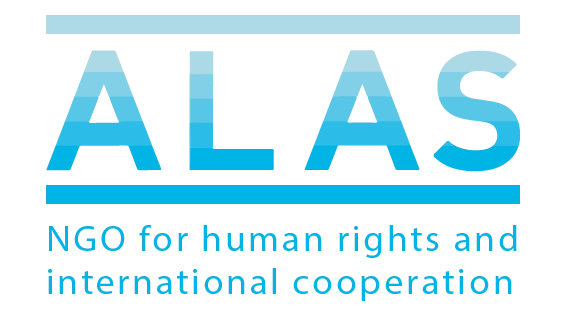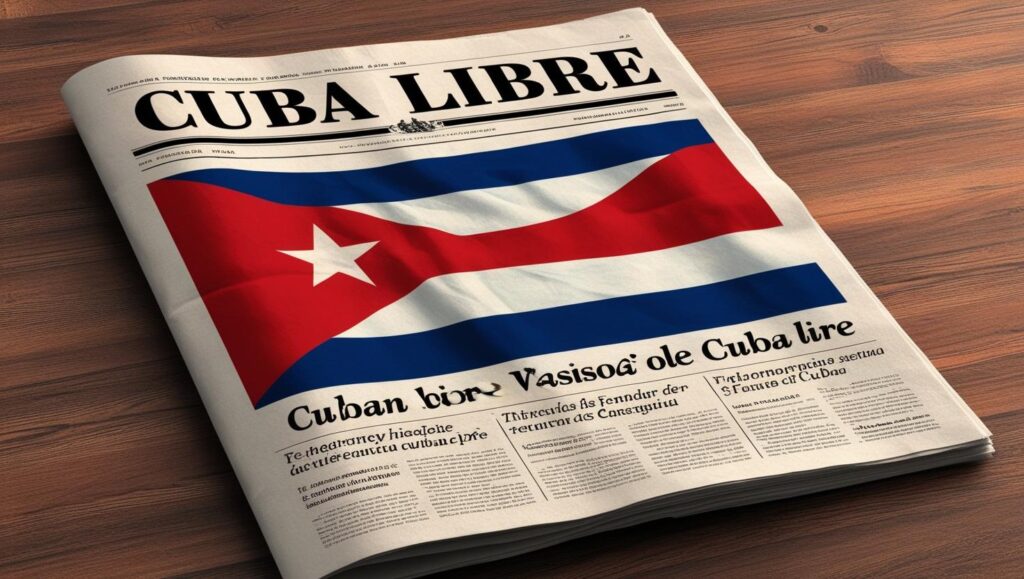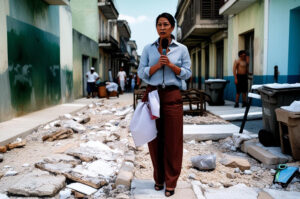Draft for definitions before sitting at the negotiation table.
Political transitioning might be an abstract concept demanding further definitions to make sense. Regarding political negotiation, the Cuban government avoids even invoking the idea of a political, economic, and social collapse. The critical question is where the shattered remnants of society, economy, and political life will land after the fall.
Havana is changing. The failed attempt of a welfare state—where the government provided limited services like healthcare, education, and minimal commerce— finished to collapse. My friends say today’s Havana has everything you want to buy, but only in dollars. The Cuban government has shifted from omnipresent in daily life, managing everything from toothpaste to national transportation, to primarily orchestrating state repression and foreign policy and protecting the private interests of elite families: a government shrinking in scope, transitioning into something new.
The Cuban people, often criticized even by the exile community, are the ones responsible for the government’s decline and transformation. Over six decades, they’ve resisted propaganda and control, choosing to 1) avoid productively working for the government, 2) reject its narratives and institutions, and 3) risk their lives and belongings to escape rather than capitulate. The images of dwindling government-backed crowds reflect this decay. The government’s current impotence and reliance on repression and fear are the results of the Cuban people’s steadfast rebellion and social unrest.
The Cuban government is acutely aware of its precarious position. Despised by its people, their situation is a ticking time bomb. Its sole strategy has been to delay the inevitable for three decades, but disillusionment and resentment are relentless forces. The regime forbids public organization, free speech, and assembly. It suppresses independent media, denies plebiscites, and blocks parliamentary representation from non-PCC opinions. Yet, despite this overwhelming control, the Cuban people persist in alienating the government, and the clock keeps ticking.
After six decades of government-sponsored social and economic control experiments, none have succeeded because the Cuban people want freedom. In January 2024, the government survives solely on remittances from the diaspora. Without substantive tourism or exports, its priority is safeguarding the private interests of the military elite and the Castro family. Negotiations with the U.S. on transition will mark a turning point.
The transition must be qualified: will it lead to a pluralistic democracy or an economic transformation that legitimizes private actors while protecting the elite’s interests? The Cuban government faces urgency. The dire financial situation accelerates the clock, and another mass protest like the July 11 demonstrations could be catastrophic for their interests.
The exile community’s slogan, “No negotiations with the dictatorship,” leads nowhere. Do we want to starve our old childhood friends? Should we send an army to fight unwilling conscripts? How are we better than the regime if, from the comfort of Hialeah, we wish suffering on impoverished fellow Cubans?
While sanctions are effective to a degree, they are not dismantling the Central Committee. No military force can overcome the Castro elite’s survival instinct. The U.S. government knows it can claim a diplomatic victory in Cuba without resorting to extreme measures. Negotiations are inevitable.
The “no negotiation” stance leaves the exile community vulnerable. Democratization is not the U.S. government’s top priority but the more domestically relevant economic and security interests. Without advocacy for democratic, justice, and reconciliation alternatives, the transition may lead to keeping the oligarchic regime in Havana and gaining economic opportunities but excluding democracy. The exile community must unite at the negotiation table, presenting a consensual alternative vision for Cuba’s future. Beyond democracy, Cuba’s soul needs justice and truth before reconciliation. A commission to investigate human rights violations and hold perpetrators accountable is essential. If the U.S. prioritizes its national interests over justice in Cuba, the exile community must demand accountability and democracy. Ultimately, rejecting calls to provoke more hunger in our old neighborhoods while pardoning the Castro elite is the beginning of the road to meaningful change.












